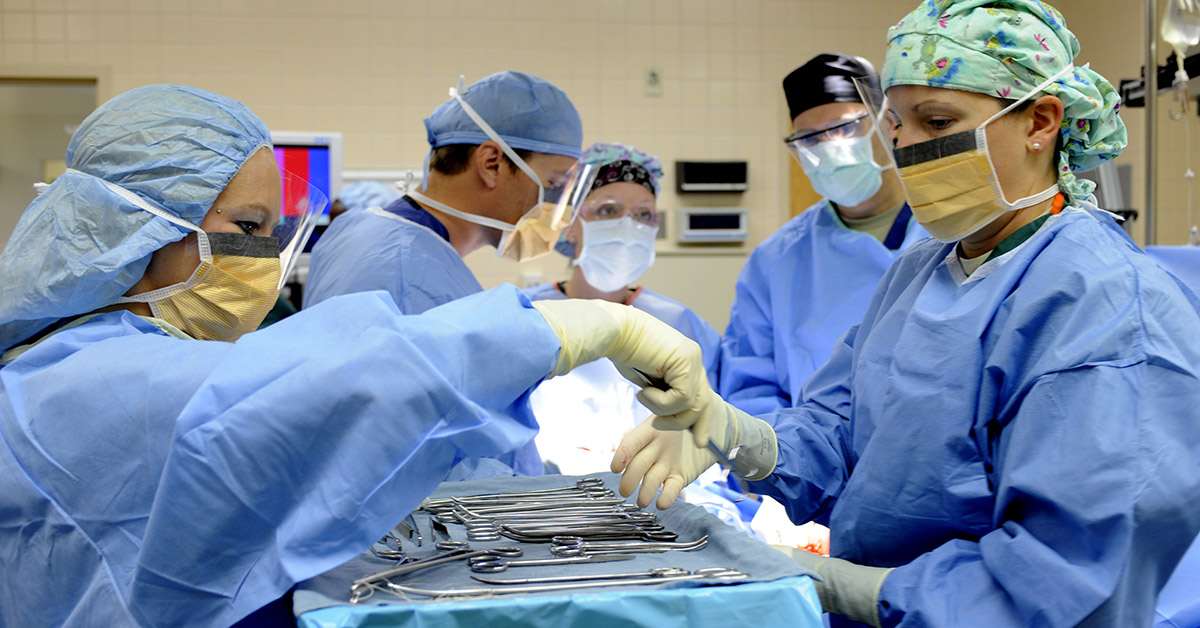A new study from the University of Minnesota and Villanova University examined “good jobs” (i.e., decent wages, access to health benefits, regular hours and job security) for low- and middle-skill workers across industries, with a focus on health care sector jobs, which are on the rise and female-dominated, and manufacturing jobs, which are on the decline and male-dominated.

Study results recently published in the journal Social Science Research found there were trade-offs — job security vs. higher wages, for example, among different jobs — and definite gender differences across employment sectors for low- and middle-skill workers.
Among the findings:
- gender segregation by occupation and industry creates unequal access to different forms of job quality for low- and middle-skill women and men;
- the health care industry is the largest employer of women without a college degree with more than 25% of low- and middle-skill women working in the health care sector;
- although working class women earn lower wages in health care compared to men in male-dominated industries, the health care sector compared to other service-sector options provides better job quality and stability;
- when women are able to access work in manufacturing and construction industries, their predicted wages are only slightly higher than wages in the health care sector, indicating that women do not benefit to the same degree as men in male-dominated occupations;
- jobs in the health care industry are not “good jobs” for low- and middle-skill men in terms of wages, but health care jobs can provide greater job security and a higher probability of employer-based health insurance;
- working class men may increasingly face a choice between higher wages available in manufacturing and construction or greater job stability in the health care sector.
Given the continued decline in blue-collar, male-dominated industries, the health care sector may increasingly replace manufacturing as a source of steady and reliable work for working class families. However, family income could suffer.
“Health care jobs are the new working-class jobs,” says Janette Dill, an associate professor in the School of Public Health and author of the study. “Manufacturing jobs are on the decline, and we need to figure out how we are going to improve the lives and jobs of health care workers without a college degree. The well-being of working-class families depends on it.”

